Archived News Item
Saying Yes
June 7, 2023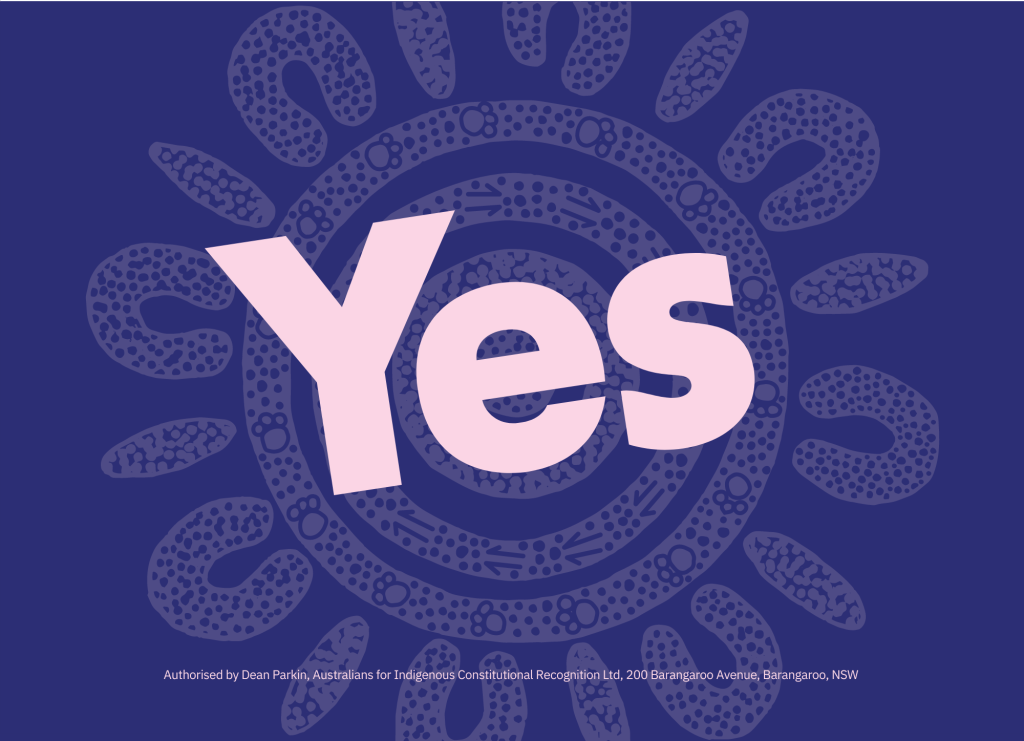
In October this year Australians will vote in a referendum to enshrine in the Constitution recognition of Australia’s first people and establish a First Nations’ voice to Parliament. Seven of our sisters have drawn on their experiences to say why they will be strongly voting Yes in the referendum.
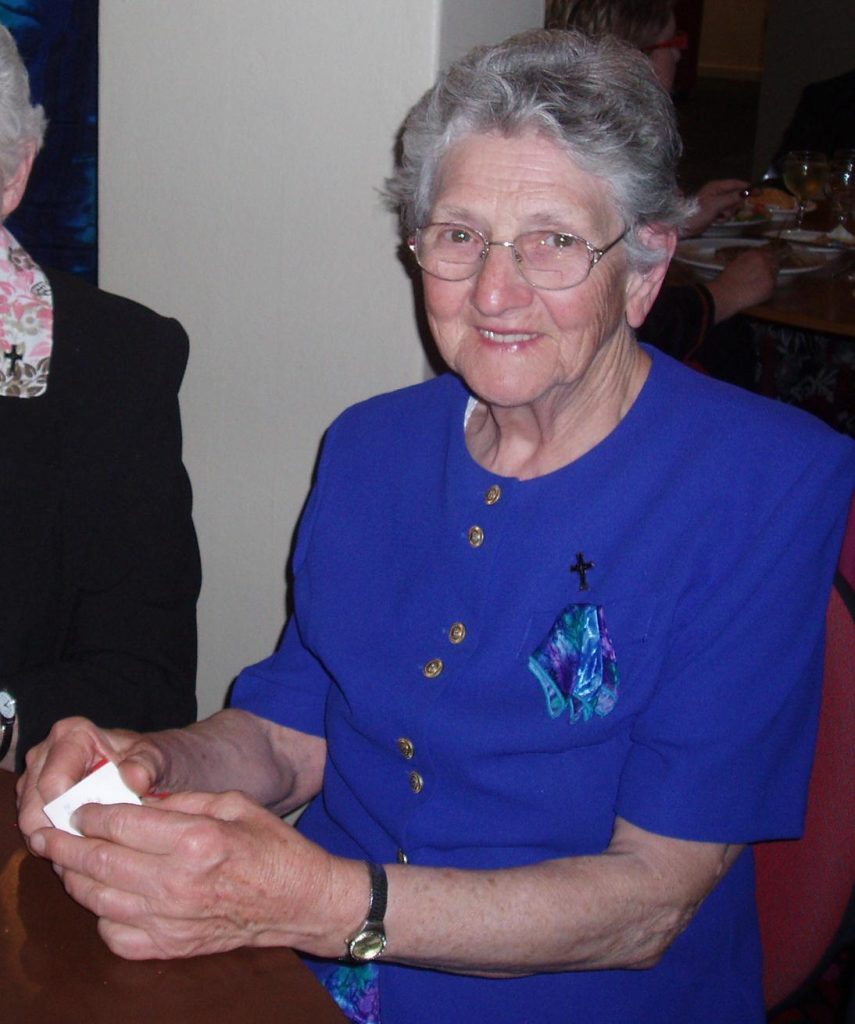 Sister Florence Kinsela, Parkes
Sister Florence Kinsela, Parkes
I am Sr Florence Kinsela and I have lived my life as a Sister of Mercy for eighty years mainly throughout the Diocese of Wilcannia-Forbes in New South Wales. I will be 100 years old in August this year. My ministry was as a ‘Cook’, Food Services Administration until 1995 when I was transferred to the western NSW township of Wilcannia. My first thought was ‘to do what?’. Around three-quarters of the population of Wilcannia are Aboriginal.
My companion Sister in community was Margaret McGrath who was the School Principal of St Therese’s Infant School for Aboriginal children.
On my first day, there was a warm welcome to me and Sr Margaret introduced me as ‘Sr Flo’. In the beginning each day after school Margaret took me walking through the bush to visit aboriginal families in the Mallee. My first impression was of their reserve and shyness and I began thinking that my ministry is to be that of visitation. As time went on when I was alone walking and meeting everyone and being greeted with good morning Sr Flo, their shyness became sincere acceptance and genuine love. Living in Wilcannia for fifteen years I saw and learnt so much from these beautiful people and I became very aware of their many disadvantages. I certainly experienced their warmth, welcome and friendship. Since 2010 I have been living in Parkes and I am proud to say that I do make a trip back to Wilcannia each year. I also send little encouraging sayings to be included regularly in the town newsletter. Keeping in touch is a joy for me.
I will sincerely be voting Yes for a Voice in our Constitution for our First Australians’ hope and desires to be heard.
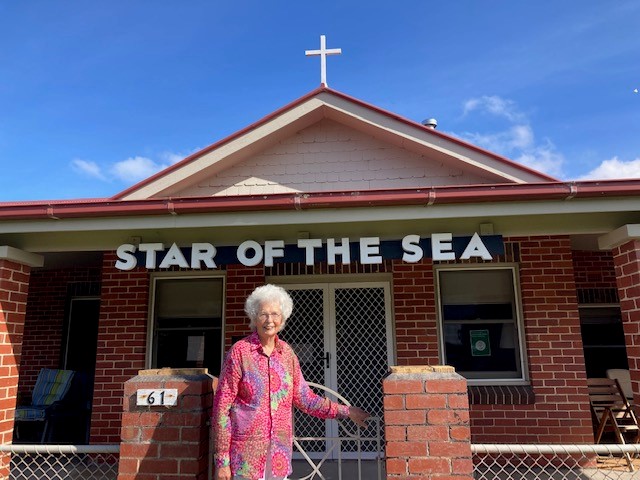 Sister Margaret McGrath, Apollo Bay
Sister Margaret McGrath, Apollo Bay
I grew up in Parkes in New South Wales on a sheep and wheat farm and I did all my schooling in Parkes. Then I entered the convent. In my 41 years teaching, 31 were in Indigenous communities – eight years in Bourke, seven in the Kimberley at Billiluna on an aboriginal cattle station and 16 in Wilcannia.
Giving indigenous people a voice is important. You have to sit and listen to them. They have the answers to far more questions on the environment, mother earth and their spirituality, than we do. They know more about their culture than we do. If you just sit and listen you learn so much.
One of our sisters said to me when the bombing of Ukraine started, she said ‘that’s what we have done to our indigenous people’ and it hit me like a spear because it is so true. This is their country.
I will be voting Yes for a Voice in our Constitution for our First Nations People.
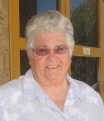 Sister Janet Lowe, Adelaide
Sister Janet Lowe, Adelaide
My involvement with Indigenous people extends from the early 1980s until the present day. In 1983, the former Institute of Sisters of Mercy accepted an invitation to staff a Catholic school at Wirrimanu Aboriginal Community (Balgo) and I was one of the original staff. I stayed there working in the school until the end of 1988. I then went to Port Augusta for three years and worked in the Aboriginal section of TAFE. At the same time, I worked with Aboriginal state school children in their homework program and tutored adults as well. In 1993 I was asked by Catholic Education in Western Australia to go to Mindibungu Aboriginal Community (Billiluna) and I spent 10 years there. I returned to Adelaide at the beginning of 2003 and worked as a First Nations’ support person at St Aloysius College. I only retired from this role a few months ago.
Of all the initiatives aimed at reconciliation and closing the gap, there has only been one or two that have made any significant improvement. Unfortunately most of them have gone nowhere. First Nations’ people still have the highest incarceration rates and people are still having their babies stolen. The stolen generation message hasn’t got through nor has the deaths in custody message. Although the Mabo case in 1992 affirmed that Australia was not Terra Nullius when the British arrived, never has any sovereignty been ceded. Our First Nations’ people were in Australia for 60,000 years and yet they are not currently mentioned anywhere in our Constitution.
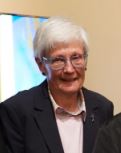 Sister Margaret Adams, Adelaide
Sister Margaret Adams, Adelaide
My 23 years of involvement in Aboriginal ministry has been an absolute privilege for me. It began in 1980 when the Bishop of Broome approached our Congregation Leader for a teacher to go and staff the Catholic school in Billiluna Aboriginal Community. The school had been started 18 months prior by Sisters of Mercy from the former Singleton Congregation. Dolores Coffey and then Josephine Dillon from Perth and I ran the school for four years. At the time Aboriginal people were still living very traditionally. While we were there to provide education what we learned and experienced was far greater.
After I left Billiluna, I went to Port Augusta and I was there for 14 years and in that time I worked in Aboriginal community support. Then the women approached me to setup a place where they could gather, so we setup the Aboriginal Women’s Centre. With the local TAFE, we trained women to take over the management and governance of the Centre. I then spent time as a Lecturer with TAFE, including as an Aboriginal Education Co-ordinator at the Port Augusta Prison.
In 1998 I moved to Fregon in the APY Lands, taking up a position with the University of South Australia delivering the Diploma of Teaching and the Bachelor of Education for people to become community teachers. I got involved in the life of the community including going out hunting with the women and listening to those creation stories that they could tell me.
It took until 1967 for Aboriginal people to be recognised, even though as far back as 1894 women in South Australia were given the vote, including Aboriginal women. I have been looking back over all the Acts of Parliament since that time. It is a story of Acts being passed for Aboriginal people and them having no say in it, no say where they could live, even who they could marry was dependent on the permission of the Protector of Aborigines. All of this is a total denial of their own culture. From the 1940s onwards it is a story of States and Territories setting up organisations for Aboriginal people without their consultation and in time these organisations have failed as they have not met the needs of the people. In other instances, one government would set up an organisation maybe with some consultation but in time the next government dismantle it.
It is really important to have the Voice enshrined in the Australian Constitution, a Voice that speaks for all First Nations’ people and a Voice that can’t just be dismissed by future governments. I think it is imperative First Nations people have a Voice that must be listened to by the governments of the day. I strongly urge everyone to read the Uluru Statement from the Heart, quietly and reflectively.
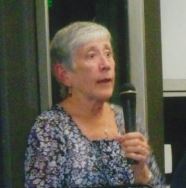 Sister Wendy Flannery, Brisbane
Sister Wendy Flannery, Brisbane
As I reflect on the upcoming Australian referendum on an Indigenous Voice to Parliament, I find myself recalling a ground-breaking event I was privileged to witness when I was helping to set up the Mercy International office at the United Nations in New York. At the start of the new millennium in July 2000, the UN General Assembly agreed to establish what was called a Permanent Forum on Indigenous Issues (PFII), a high-level advisory body to deal with “Indigenous issues related to economic and social development, culture, the environment, education, health and human rights”.
The very first meeting took place in May 2002. It was a gathering of representatives of Indigenous peoples whose ancestors had been dominated by mainly European colonial powers, some hundreds of years earlier, but who had managed to survive and maintain their cultural identity. Some of us in non-governmental organisations were fortunate to be able to sit in the gallery and observe the extreme joy and pride of those in the gathering. The PFII has been meeting annually ever since. Within the UN system, composed of nation states, it fulfils a dual role for Indigenous peoples: recognition and consultation.
This provides me with both a wider context and a focus here in Australia for approaching the referendum. As the Uluru Statement from the Heart expresses it, a properly installed process of recognition and consultation for Indigenous Australians will finally, after 122 years, deliver them from “the torment of powerlessness”.
I’ve also been inspired and encouraged by the decision of the Vatican at the end of March to repudiate the so-called papal “doctrine of discovery” formally and publicly, after years of pressure by Indigenous groups. It refers to a collection of papal teachings or bulls dating back to the 15th century used by European explorers and adventurers as “authorisation” to open the way for their governments to invade, seize and exploit the resources of Indigenous peoples’ lands and to exterminate or marginalise them. Much more effort will be needed to eliminate the “shades” of this so-called doctrine which persist in European-colonised lands today. For me, the upcoming referendum in Australia provides such an opportunity.
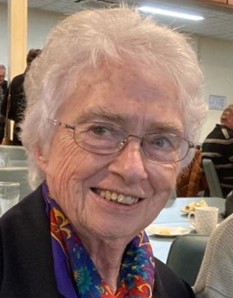 Sister Daphne McKeough, Sydney
Sister Daphne McKeough, Sydney
My engagement with Indigenous Australians has been mainly with groups that support Indigenous people. When I worked at the Catholic Education Office several schools in the Diocese had large Indigenous populations and I was on a taskforce working to support the teachers who were working with Indigenous children. I also visited our sisters in areas such as Wilcannia and I saw a lot of the problems indigenous people were facing – deprivation, racism, and the way that their whole opportunities were reduced compared with other Australians. I also had a chance to visit when one of our sisters was working in the Kimberley in remote aboriginal communities. That helped me understand a totally different experience for Indigenous people in the north-west.
In more recent times, I have worked in groups that are trying to build awareness and understanding of what is going on in Indigenous communities and what are the challenges for us trying to work for the reconciliation agenda. Supporting the Uluru Statement from the Heart has been a campaign that I have been working on in my current role with the Edmund Rice Centre for Justice and Community Education. We have been advocating on this for four or five years, including making submissions to parliament. As an organisation we are focussed on trying to amplify the voice of aboriginal people.
As I see it, Indigenous people have been calling for more effective ways of being included and engaged ever since 1788. They have had their own people trying to find ways to talk to the government and have opportunities to have their voice heard. Sadly their voice has been rejected for generations. Indigenous people got the chance with the Uluru Statement to have their voice very clearly presented and say what they wanted. I see our position as trying to hear their call and working to support that. I am voting yes because I believe in the justice of the call behind what the aboriginal people are asking for. I believe it is not a major change and a lot of the opposition is based on fear rather than on facts.
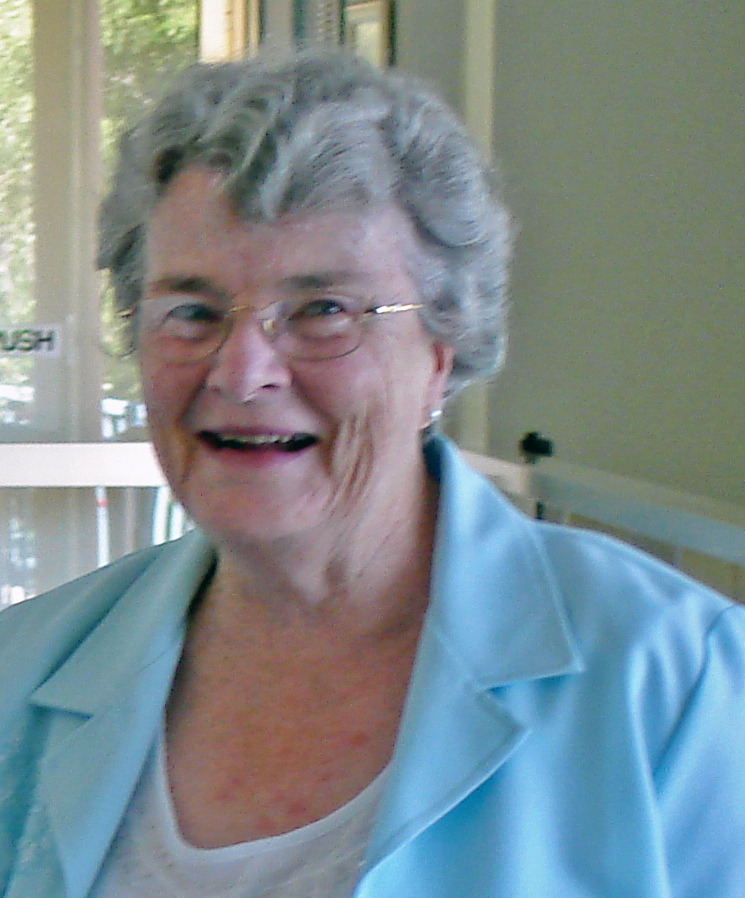 Sister Margaret Hickie, Newcastle
Sister Margaret Hickie, Newcastle
I have not been privileged to work with many aboriginals but I am aware of some of the issues faced by these people.
Lack of meaningful consultation, youth criminalisation, deaths in custody, infant mortality, racial discrimination…these are just the tip of the iceberg.
If we were to vote NO nothing would change! At least a YES vote allows for change to happen.
I am optimistic enough to hope for some positive change so I will vote YES.
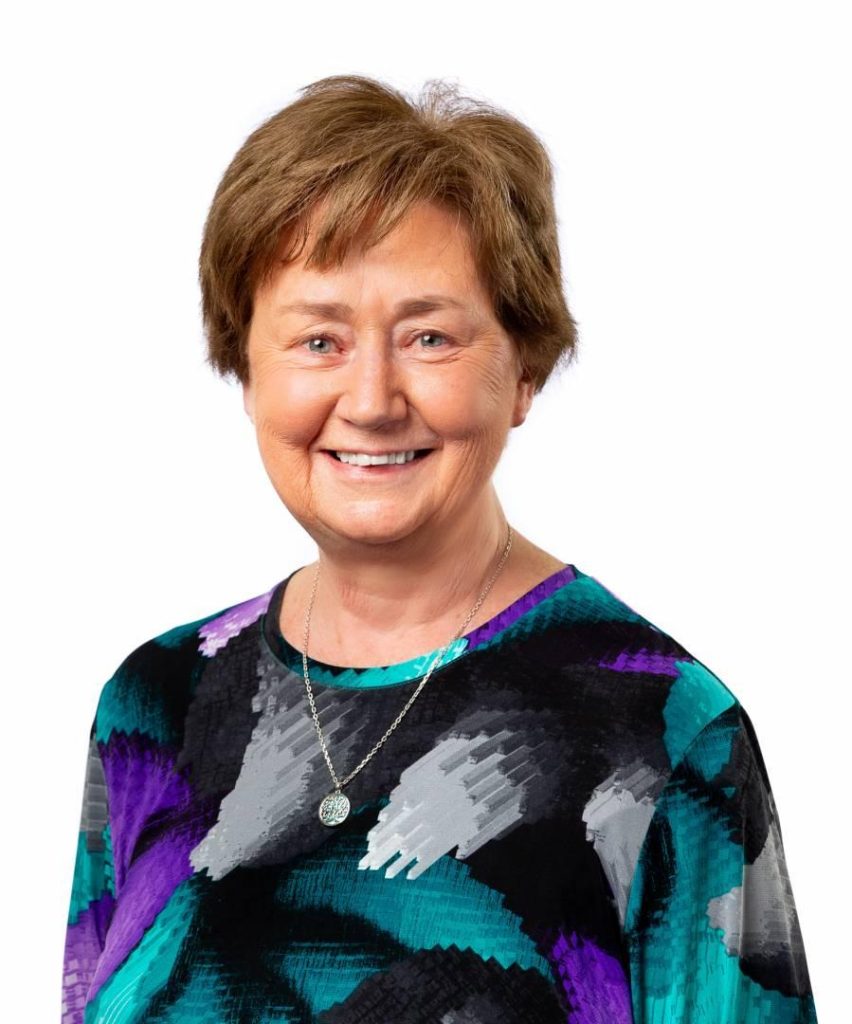 Sister Adele Howard, Melbourne
Sister Adele Howard, Melbourne
‘I have many Aboriginal friends both here in Wurundjeri country and across Australia.
Throughout my life they have taught me so much and generously shared their wisdom and spirituality, as well as their hospitality and humour, sometimes in the face of impossible life challenges.
My friendships with Indigenous Australians and listening to and learning from stories of their deep spiritual relationship between identity and ‘place’ or ‘country’ is, for me, an experience of integral ecology.
This profound level of reflection on the integration of Spirit with ‘country’ has deepened my own faith in God as Creator Spirit in this land of Australia, and this belief impels me to act with greater urgency and consistency to save ‘our common home’.
I will vote ‘YES’ at the approaching Referendum out of profound respect and gratitude for Indigenous Australians and with the conviction that their full acknowledgement in the Australian Constitution is a moral imperative.’
If you would like to add your Voice to this page, please email a short testimonial to – communication@ismapng.org.au
For more information on the YES campaign and referendum, please visit:
Click here to return to Just Mercy
